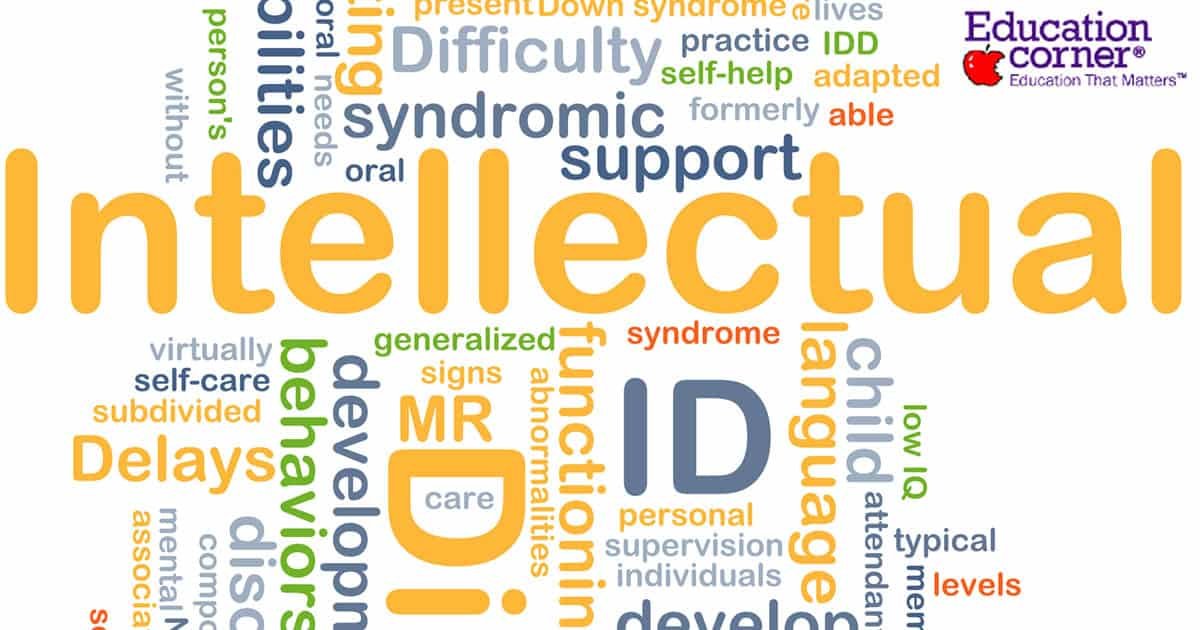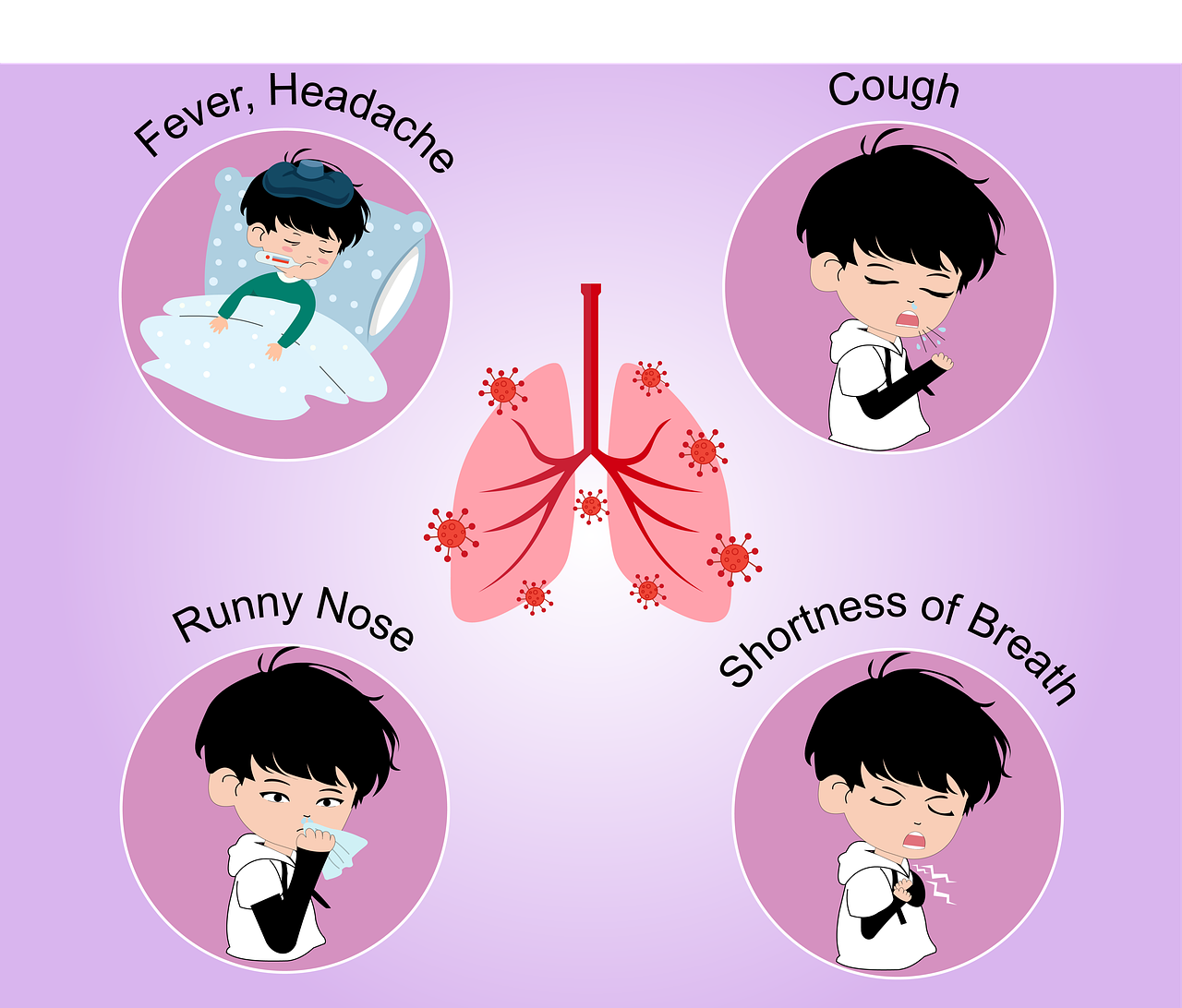I) Introduction:
Intellectual Developmental Disorder (IDD) is a term used to describe a wide range of developmental disabilities that include intellectual deficits and impairments or delays in adaptive skills such as communication, self-care, self-direction, home living, social skills, and the use of community resources. It is an umbrella term that encompasses various disorders, such as Down syndrome, Fragile X syndrome, autism spectrum disorders, and other rarer conditions. Though the causes of IDD vary, most conditions are linked to genetic factors, intrauterine conditions, or environmental risk factors. People with IDD typically require ongoing support due to the severity of deficits in their daily functioning.
1) Causes of Intellectual Developmental Disorder
The causes of IDD vary across syndromes and conditions and are often interconnected. Most of the time, IDD is linked to genetic factors. Certain gene mutations or genetic syndromes can result in developmental deficits related to cognitive abilities, adaptive functioning, or both. Examples of genetic syndromes associated with IDD are Down syndrome, Fragile X syndrome, and Wolf-Hirschhorn syndrome.
In some cases, IDD may be caused by intrauterine conditions, such as infections, drug exposure, or medical complications during pregnancy. It can also be caused by environmental risk factors, such as exposure to toxins, nutritional deficiencies, and lead poisoning.
II) Types of Intellectual Developmental Disorder
An individual’s specific type of IDD may be determined based on the underlying cause, associated dysfunctions, and genetic factors. The most common types of IDD include Down syndrome, Fragile X syndrome, autism spectrum disorder, Prader-Willi syndrome, and William’s syndrome.
- Down syndrome is the most common chromosomal disorder and is caused by an extra chromosome on chromosome 21. People with Down syndrome often have mild to moderate intellectual disability, difficulty learning, and impaired speech and language abilities.
- Fragile X syndrome is a genetic condition caused by a defective gene on the X chromosome which results in decreased muscle tone, intellectual disability, and impaired speech and language skills.
- Autism spectrum disorders are a range of complex brain development disorders that involve difficulties in communication, social interaction, and restricted or repetitive behavior.
- Prader-Willi syndrome is a genetic disorder characterized by hypotonia (low muscle tone) in infancy, intellectual disability, short stature, and obesity in later life.
- William’s syndrome is a rare genetic disorder characterized by features such as distinctive facial features, cardiovascular problems, intellectual disability, and specific learning disabilities.
Genetics
Many IDD conditions are caused by genetic abnormalities. Chromosome abnormalities, in particular, are associated with IDD. A common example is Down Syndrome, which is caused by a chromosomal abnormality. Other examples of chromosomal abnormalities associated with IDD include trisomy 21, trisomy 18, and Klinefelter syndrome.
Inherited genetic conditions can also contribute to IDD. Fragile X Syndrome, for example, is caused by an inherited genetic mutation. There are also many other genetic conditions that can cause IDD, such as mitochondrial disorders and various genetic disorders.
Environmental Factors
Environmental factors can also contribute to IDD. Poor nutrition in utero, lead poisoning, exposure to toxins, and untreated infections in a child’s early years can all increase the risk of developing IDD. Exposure to alcohol or nicotine during pregnancy can also increase the risk of IDD.
1) Symptoms of Intellectual Developmental Disorder
The symptoms of IDD vary depending on the type of disorder and the individual’s age, but generally, most people with IDD experience some of the following symptoms:
- Delayed or absent speech and motor skills
- Poor academic performance
- Difficulty with self-care
- Poor social skills
- Impulsive behavior
- Poor sensory development
2) Diagnosis of Intellectual Developmental Disorder
IDD is generally diagnosed by a team of professionals, including a doctor, psychologist, therapist, or educator. The diagnosis process usually involves clinical assessments, interviews, and tests to look for certain signs and symptoms related to IDD.
In addition to the physical and psychological examinations, the team may also use tests such as IQ tests, neuropsychological assessments, and adaptive functioning assessments to measure the individual’s cognitive and social skills.
1) Treatment of Intellectual Developmental Disorder
Though there is no outright cure for IDD, treatment focuses on managing symptoms and maximizing the individual’s capability through therapy, lifestyle changes, and medications. The most commonly used treatments for IDD include:
- Behavioral and educational therapies – These types of therapies address the individual’s skills in communication, self-care, and more. Specialized programs may be used, such as speech-language therapy to improve communication, occupational therapy to improve self-care skills, and social skills training to improve social abilities.
- Medications – Depending on the individual’s needs, certain medications may be prescribed to treat problems such as hyperactivity, impulsivity, and aggression.
- Other interventions – Depending on the individual’s needs, additional treatments and supports may be provided, such as vocational training, assistive technology, and supported employment to help individuals with IDD find meaningful work.
Conclusion:
Intellectual Developmental Disorder (IDD) is a term used to describe a wide range of disabilities that involve intellectual deficits and impairments or delays in adaptive skills. It is an umbrella term that encompasses various disorders, such as Down syndrome, Fragile X syndrome, autism spectrum disorders, and other rarer conditions. IDD is caused by both genetic and environmental risk factors, and the specific type of disorder will depend on the underlying cause, associated dysfunctions, and genetic factors. Diagnosis involves a detailed assessment involving interviews and tests, and treatment focuses on managing symptoms and maximizing the individual’s capability through therapy, lifestyle changes, and medications.










